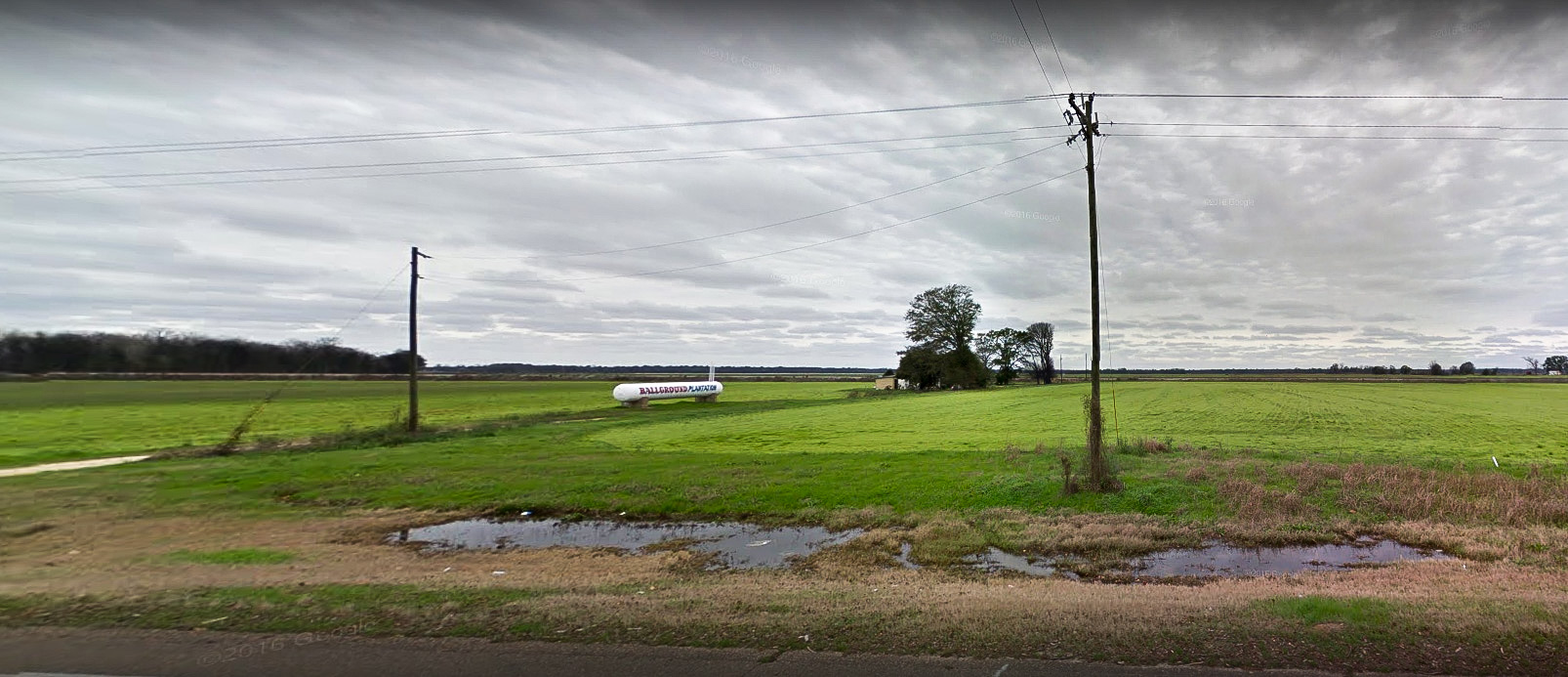Black People Were Enslaved in the US Until as Recently as 1963

Get the world’s most fascinating discoveries delivered straight to your inbox.
You are now subscribed
Your newsletter sign-up was successful
Want to add more newsletters?

Delivered Daily
Daily Newsletter
Sign up for the latest discoveries, groundbreaking research and fascinating breakthroughs that impact you and the wider world direct to your inbox.

Once a week
Life's Little Mysteries
Feed your curiosity with an exclusive mystery every week, solved with science and delivered direct to your inbox before it's seen anywhere else.

Once a week
How It Works
Sign up to our free science & technology newsletter for your weekly fix of fascinating articles, quick quizzes, amazing images, and more

Delivered daily
Space.com Newsletter
Breaking space news, the latest updates on rocket launches, skywatching events and more!

Once a month
Watch This Space
Sign up to our monthly entertainment newsletter to keep up with all our coverage of the latest sci-fi and space movies, tv shows, games and books.

Once a week
Night Sky This Week
Discover this week's must-see night sky events, moon phases, and stunning astrophotos. Sign up for our skywatching newsletter and explore the universe with us!
Join the club
Get full access to premium articles, exclusive features and a growing list of member rewards.
White landowners enslaved black Americans for at least a century after the Civil War.
That's the conclusion of decades of research by historian and genealogist Antoinette Harrell, who described her findings in a series of interviews for Vice published today (Feb. 28). Harrell has uncovered numerous examples of white people in Southern states entrapping black workers into peonage slavery — slavery justified and enforced through deceptive contracts and debt, rather than claims of ownership — even though peonage was technically outlawed in the United States in 1867, four years after the Emancipation Proclamation.
People enslaved through peonage may not have appeared in any ledgers as belonging to their enslavers, but the experience was indistinguishable in many respects from the brutal practices of the antebellum period. [6 Civil War Myths, Busted]
"I met about 20 people all who had worked on the Waterford Plantation in St. Charles Parish, Louisiana," Harrell told Vice. "They told me they had worked the fields for most of their lives. One way or another, they had become indebted to the plantation's owner and were not allowed to leave the property… At the end of the harvest when they tried to settle up with the owner, they were always told they didn't make it into the black and to try again next year. Every passing year, the workers fell deeper and deeper in debt. Some of those folks were tied to that land into the 1960s."
And Harrell found that the cruelty practiced by modern white enslavers toward the black people they enslaved through peonage was reminiscent of records from the height of chattel slavery. Harrell described the case of Mae Louise Walls Miller, who didn't get her freedom until 1963, when she was about 14. As a child, Miller would get sent up to the landowner's house on the farm where her family was enslaved and "raped by whatever men were present," sometimes alongside her mother.
Harrell pointed out that not every person enslaved through this system was African-American. Immigrants from places like Eastern Europe occasionally got caught up in it as well, she said, but "the vast majority of 20th-century slaves were of African descent."
Why hasn't this story been more widely told?
Get the world’s most fascinating discoveries delivered straight to your inbox.
"People are afraid to share their stories," Harrell told Vice, "because in the South so many of the same white families who owned these plantations are still running local government and big businesses. They still hold the power. So the poor and disenfranchised really don't have anywhere to share these injustices without fearing major repercussions."
You can read the full collected interviews with Harrell at Vice. The article also contains a short documentary that follows Harrell as she conducts her research, and includes interviews with people who were enslaved through peonage.
Originally published on Live Science.

 Live Science Plus
Live Science Plus










